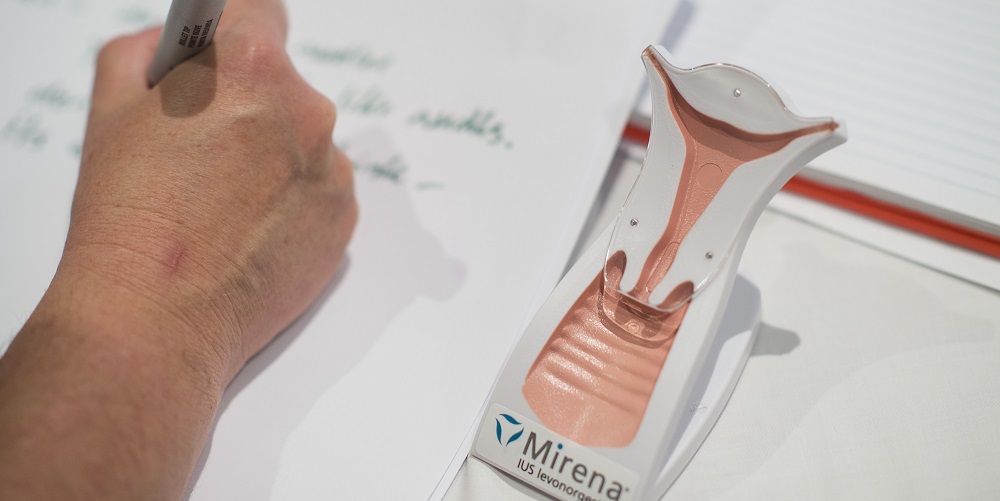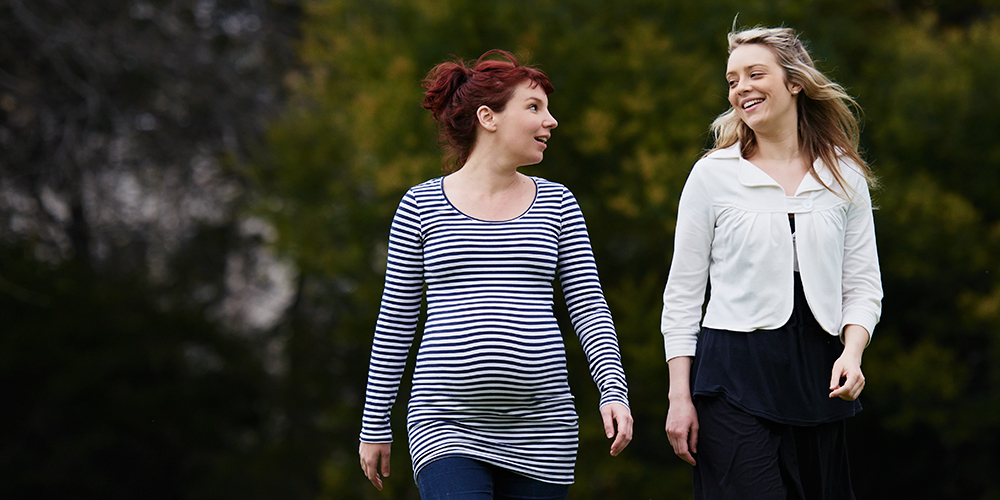
Oxfam CEO Dr Helen Szoke will explore Is the world at risk of going backwards on women’s health issues? at the Women’s International Women’s Day breakfast tomorrow.
Her opinion piece in the Age and Sydney Morning Herald provides an insight into the challenges that lie ahead.
Dr Helen Szoke
Many Australians are outraged by the recent social and political events in the US and fearful of the very real threat to women’s health and reproductive rights on a global scale.
But today, in our own country, women and doctors can still be prosecuted for exercising a basic human right.
Abortion is still in the criminal code in some Australian states, and Queensland’s recent decision last week to shelve its two abortion reform bills must be viewed as a major wake up call against our complacency.
The US shift in political attitudes towards women’s health is an issue of great concern and one which, like the old domino theory, seems set to have an impact on a global scale. The failure to decriminalise abortion in Queensland comes a mere month after the newly elected US President Donald Trump signed an order that has meant organisations around the world must stop providing access to or information about abortions, or they will lose their US funding.
In the past 25 years, the global death rate from pregnancy and child birth has halved. Access to contraception, including abortions and contraceptive information, has been a key element to a health care package that has helped saved the quarter of a million women each year who would have otherwise died needlessly. Despite this, according to the World Health Organisation, 47,000 women die from complications arising from unsafe abortions each year, while more than 20 million women access unsafe abortions. The latest US directive will surely lead to a rise in those numbers.
Around the world, poor people, and women in particular, face obstacles to accessing health care. The global gag rule places yet another obstacle in front of poor women. It’s an assault on the providers of health services and forces them to limit options or to reduce access or both. It means more women will die of preventable and treatable causes.
In a move to be commended, the Federal Government has pledged its continued commitment to the International Planned Parenthood Foundation, but its vital support cannot fill the gaping hole left by the US’ decision to vacate the field.
At home, women’s health falls to the states and territory Governments and Queensland’s decision to postpone abortion reforms to the government’s next term, ostensibly on the grounds of a legal technicality, reminds us that our country is not immune to regressive policies and that hard won and widely supported rights are still under threat.
A number of states have legalised safe access to abortions, but women face barriers such as restrictions and delays in accessing both public and privately funded services. Information and access to suitable contraception also varies depending on where you live and who you are.
In Victoria, a state where abortion is legalised, the focus is on up-skilling regional doctors to support women needing abortions so that all women can receive information and access abortion services in a safe environment, close to home.
When women go to specialist services, such as the Royal Women’s Hospital, seeking abortion information, they receive comprehensive information about contraception and often leave with a long lasting, reliable form of contraception, reducing their risk of a future unplanned pregnancy. In addition, trained staff are there to support women at higher risk of family violence or sexual assault and to connect them with relevant support services.
Surveys show the majority of Australia’s public are in favour of women having access to safe abortion, but the Queensland experience highlights the gap between what the public and the majority of health professionals want, and what our political leaders are willing to do. Women’s health should not be a political football.
Dr Helen Szoke, CEO of Oxfam Australia will be discussing Is the world at risk of going backwards on women’s health issues? at a Royal Women’s Hospital’s breakfast event for International Women’s Day on 8 March.
Oxfam CEO Dr Helen Szoke will explore Is the world at risk of going backwards on women’s health issues? at the Women’s International Women’s Day breakfast tomorrow.
Her opinion piece in the Age and Sydney Morning Herald provides an insight an insight into the challenges that lie ahead.
Read related content from the Women's
-
 Contraception
ContraceptionThe Contraception or Family planning clinic offers advice, consultation and treatment for all contraceptive and sexual health requirements. All options are discussed confidentially and with sensitivity to individual needs.
Learn more -
Your contraception choices
The Pill is not your only option. Other ‘worry free’ options might work better. You and your health provider can talk about the best contraception for you.
Learn more -
Contraceptive implants
Contraceptive implants work in a similar way to contraceptive pills. The implant, a small thin flexible rod, contains a hormone that helps to prevent pregnancy.
Learn more